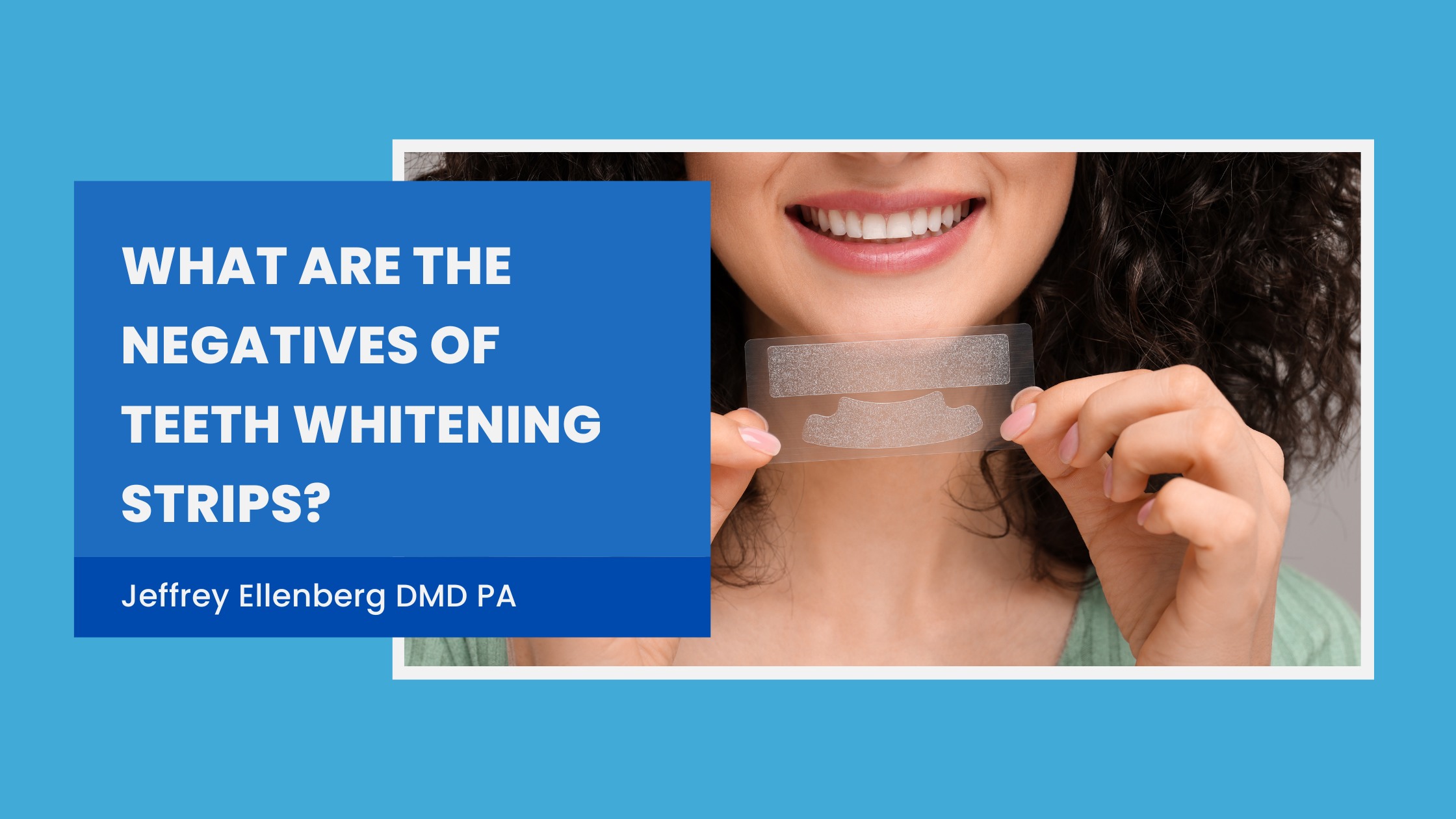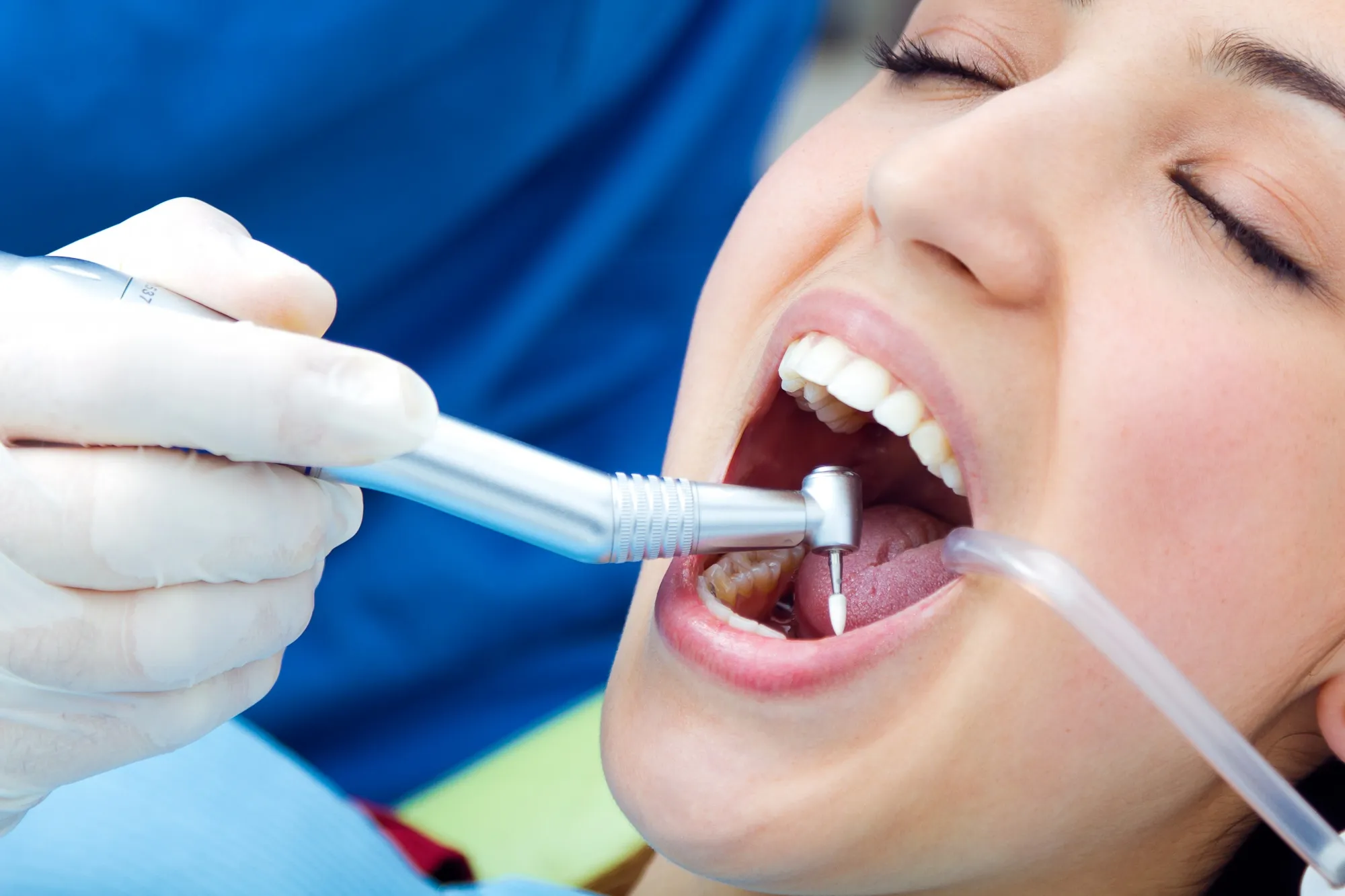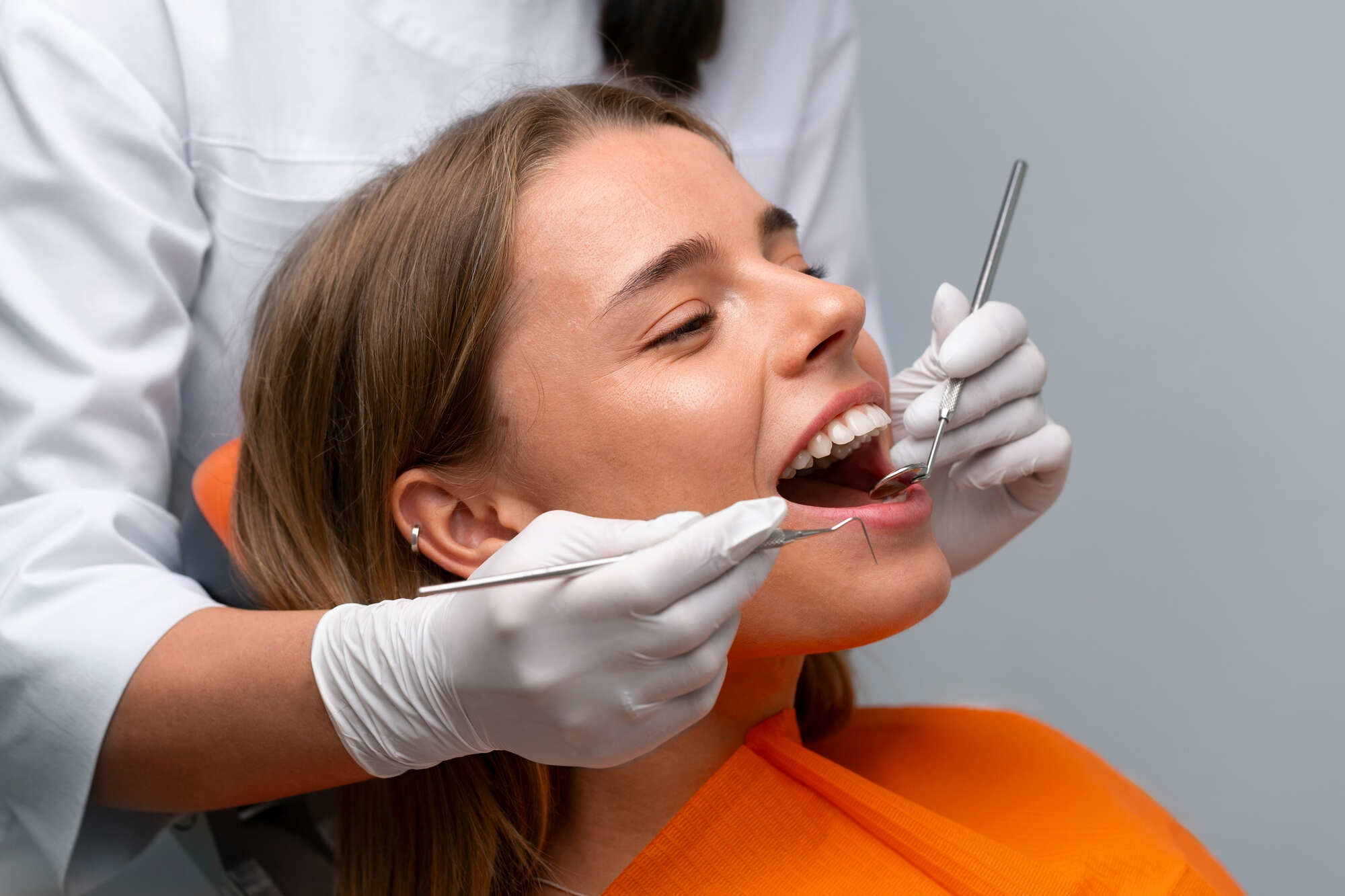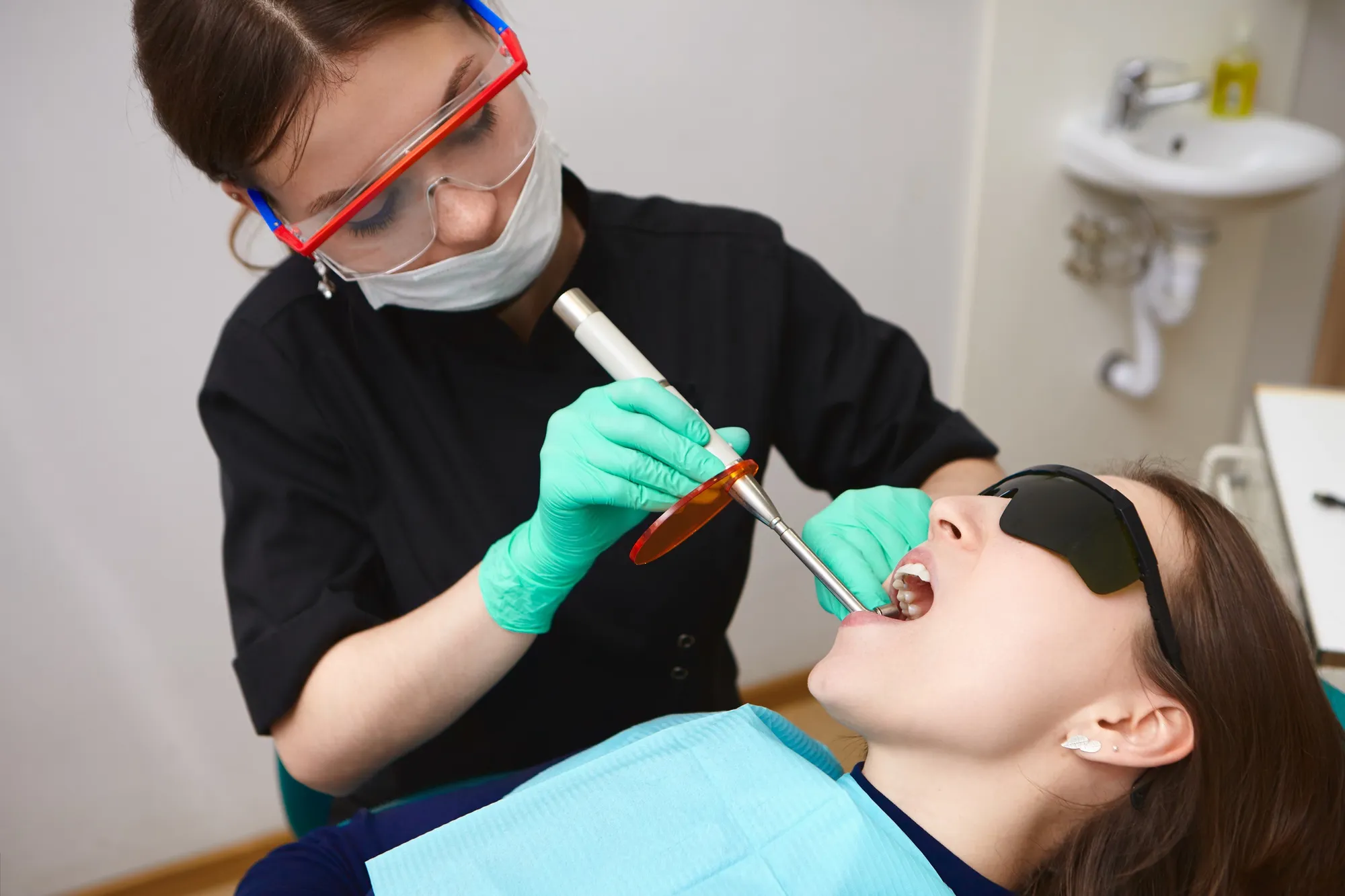Whitening strips are a popular way to get a brighter smile at home. They are convenient and easy to locate and use. Before you reach for a whitening strip, you should also know that they can cause some negative side effects.
🌟 Table of Contents 🌟
- 🦷 What Are the Common Side Effects of Whitening Strips?
- 🦷 What Does the ADA Say About Whitening Strips?
- ⚠️ Do Whitening Strips Cause Long-Term Damage?
- 🍃 Are There Safer Natural Alternatives?
- 🗣️ Why Is It Important to Talk to a Dentist First?
- 🏥 How Can a Local Dentist Help You?
- 💡 Is It Worth Using Whitening Strips for a Brighter Smile?
Knowing the possible risks can help you determine if you should use them.
What Are the Common Side Effects of Whitening Strips?
Whitening strips may lead to side effects. The most common side effects from whitening strips are:
- Sensitive teeth, especially when drinking hot or cold liquids
- Irritated or sore gums
- Uneven color on teeth or white spots
Side effects from whitening strips are typically related to using whitening strips too often or leaving them on too long. Always follow the instructions on the box.
If you experience any pain in your teeth or gums, discontinue use and consult a dentist.
What Does the ADA Say About Whitening Strips?
The ADA recommendations for teeth whitening are focused on safety. The American Dental Association advises using only whitening products that have the ADA Seal of Acceptance. This seal means the product has been tested for safety and effectiveness.
The ADA also suggests:
- Talking to a dentist before starting whitening
- Not overusing whitening products
- Carefully reading the directions
Not every whitening strip is ADA-approved. Always check the label before you buy.
Do Whitening Strips Cause Long-Term Damage?
Some people worry about whitening strips long-term effects, and for good reason. If misused, they can lead to:
- Long-lasting tooth sensitivity
- Enamel damage
- Irregular or patchy tooth color
These effects may not show up right away, but they can cause bigger dental problems later, that’s why it’s better to use whitening strips only once in a while, not as a regular part of your routine.
Are There Safer Natural Alternatives?
If you’re looking for a gentler option, there are several natural teeth whitening alternatives you can try. Some include:
- Brushing with baking soda a few times a week
- Swishing with diluted hydrogen peroxide
- Oil pulling using coconut oil
- Eating crunchy fruits and vegetables that scrub your teeth
These natural options may take longer to show results. Always ask your dentist if they are safe for your teeth.
Why Is It Important to Talk to a Dentist First?
Before using any whitening product, speak with a dentist in Clearwater. A dentist can:
- Check if your teeth are healthy enough for whitening
- Suggest safe and effective products
- Help you avoid side effects
Dentists also offer stronger treatments in the dental office that work faster and are safer than at-home strips.
How Can a Local Dentist Help You?
Consulting a dentist near you gives you access to professional advice and care. Whitening strips can be risky if used the wrong way. A dentist can provide:
- A proper dental cleaning before whitening
- Tips to avoid side effects
- Custom whitening treatments made just for you
It’s better to trust a professional when it comes to your smile.
Is It Worth Using Whitening Strips for a Brighter Smile?
Whitening strips can brighten your teeth, but they can also cause damage if misused. It’s best to talk with a dental professional, like Jeffrey Ellenberg DMD PA, to find a safe, effective option that works for you.
Schedule a consultation today and get expert advice on the best way to whiten your smile, without the worry.
❓ FAQs About Teeth Whitening Strips ❓
1. Are whitening strips safe for teenagers?
Whitening strips are not usually recommended for children under 18 unless approved by a dentist. Young teeth are more sensitive, and the enamel may still be developing.
2. Can I use whitening strips every day?
No, daily use can cause tooth sensitivity and enamel damage. Most strips are designed for short-term use, such as once a day for up to two weeks. Always follow the instructions.
3. What should I do if whitening strips make my teeth hurt?
Stop using them right away and avoid hot or cold drinks. Make an appointment with your dentist to check for any damage and get advice on safer alternatives.






